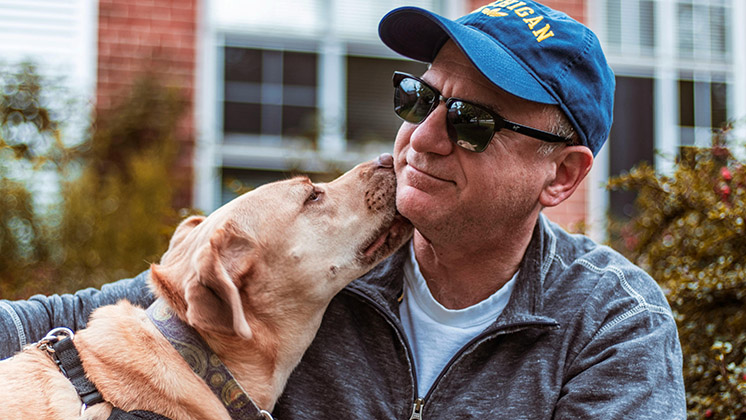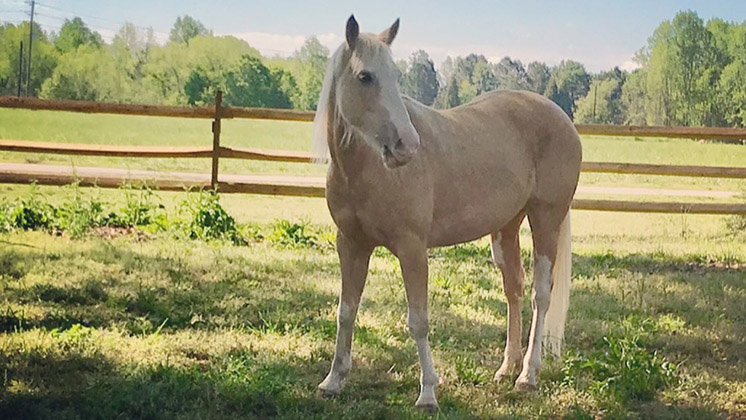How Service Dogs Help (and Challenge) Caregivers

When we think of service dogs, the focus is often on the individuals they assist—those facing disabilities or chronic conditions. Yet, there’s another group deeply impacted by these four-legged companions: the caregivers. This recent study sheds light on how mobility and medical alert service dogs affect caregivers, both positively and negatively.
The Purpose Behind the Study
Caregivers may bear significant emotional and physical burdens while supporting loved ones. This study aimed to capture caregivers' perspectives on having service dogs in their homes, assessing both the benefits and the challenges they face.
What the Research Found
The research involved surveys from 117 caregivers—some already caring for service dog recipients and others on a waiting list for a service dog. Four main themes emerged:
- Family Benefits:
- Nearly half (42%) of caregivers reported that service dogs provided emotional support to the whole family. One caregiver noted that the dog acted as "an emotional support for [the recipient] and us together as a family."
- Many said the service dog became "part of the family," fostering bonds that extended beyond just the recipient.
- Caregiver-Specific Benefits:
- About 43% of respondents highlighted personal benefits, such as reduced stress and a stronger bond with the dog. One caregiver even mentioned feeling a sense of relief knowing that the dog could step in as a "replacement" when needed.
- Drawbacks:
- Not everything was rosy. A significant 89% mentioned at least one drawback, with common complaints including grooming, dog maintenance, and logistical challenges like traveling with the dog.
- While some acknowledged the downsides, 13% believed the benefits outweighed the negatives, emphasizing the overall positive impact on their lives.
- The Waitlist Perspective:
- Those waiting for a service dog had higher expectations regarding the benefits but often underestimated the emotional and social perks like family bonding. Interestingly, they reported fewer anticipated drawbacks than those already caring for a service dog.
Real-Life Implications
The findings reveal that while service dogs provide immense benefits, they come with their share of challenges. Caregivers might need additional training and support to adapt to the responsibilities associated with service dog partnership. The study also underscores the importance of setting realistic expectations for families awaiting a service dog.
Conclusion
Service dogs are more than just helpers for those with disabilities—they reshape the caregiving landscape, bringing both comfort and complexity. As research continues, understanding and supporting the needs of caregivers will be crucial to enhancing their well-being and maintaining the positive influence of service dogs on the entire household.
Read the Research Paper
This article was based on the research of Dr. Leanne Nieforth and the HAPI lab. Read the research:
Suggested Articles

How Equine Communication Transforms Trauma Healing
Discover how equine-assisted mental health uses the unique nonverbal communication of horses to transform trauma healing, offering powerful breakthroughs for PTSD, anxiety, and depression.
Read more
Anthropomorphizing in Equine-Facilitated Learning and Psychotherapy
Anthropomorphizing in equine-facilitated learning and psychotherapy can aid human healing but may misrepresent horse behavior; a 2025 study urges therapists to use critical reflexivity to balance empathy with accurate equine understanding, ensuring ethical and effective EFL/P practices.
Read more
Paws at Work: Can Pets Make the Office a Happier Place?
A systematic review of 20 studies explores how pets in the workplace can reduce stress, support mental wellbeing, and boost social connection and engagement—while also highlighting challenges like allergies, distractions, and the need for clear, animal-friendly guidelines.
Read more
